Leg
Medical Resources
16 Articles
- 1
- 2
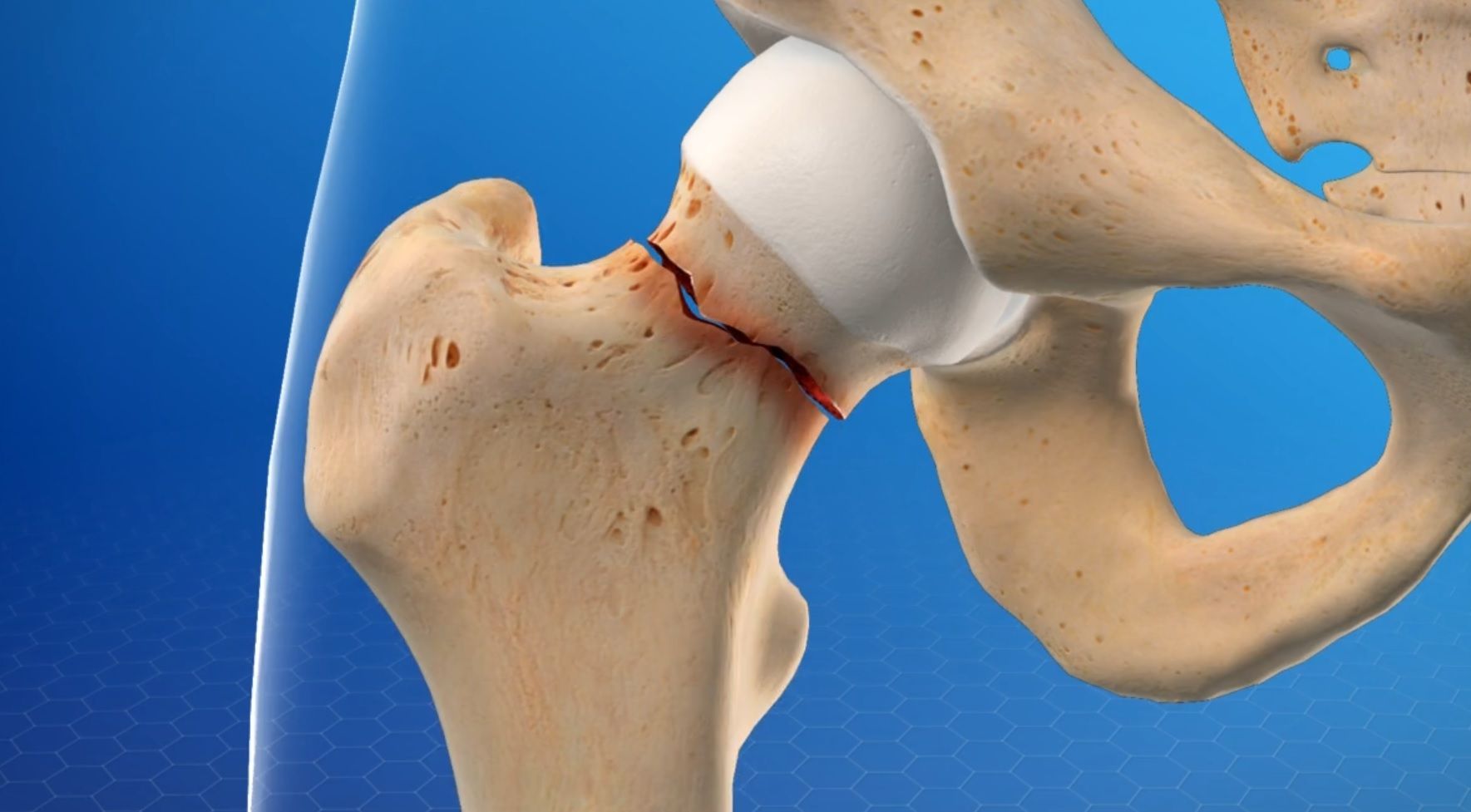
Hip Fracture
Overview
Hip fractures are typically breaks of the femur, the long “thighbone” in your upper leg. These breaks are usually in the femur’s “neck”, below the “ball” that the femur’s top makes for this hip joint.
Causes
Hip fractures are mostly caused by traumatic events, like car crashes …
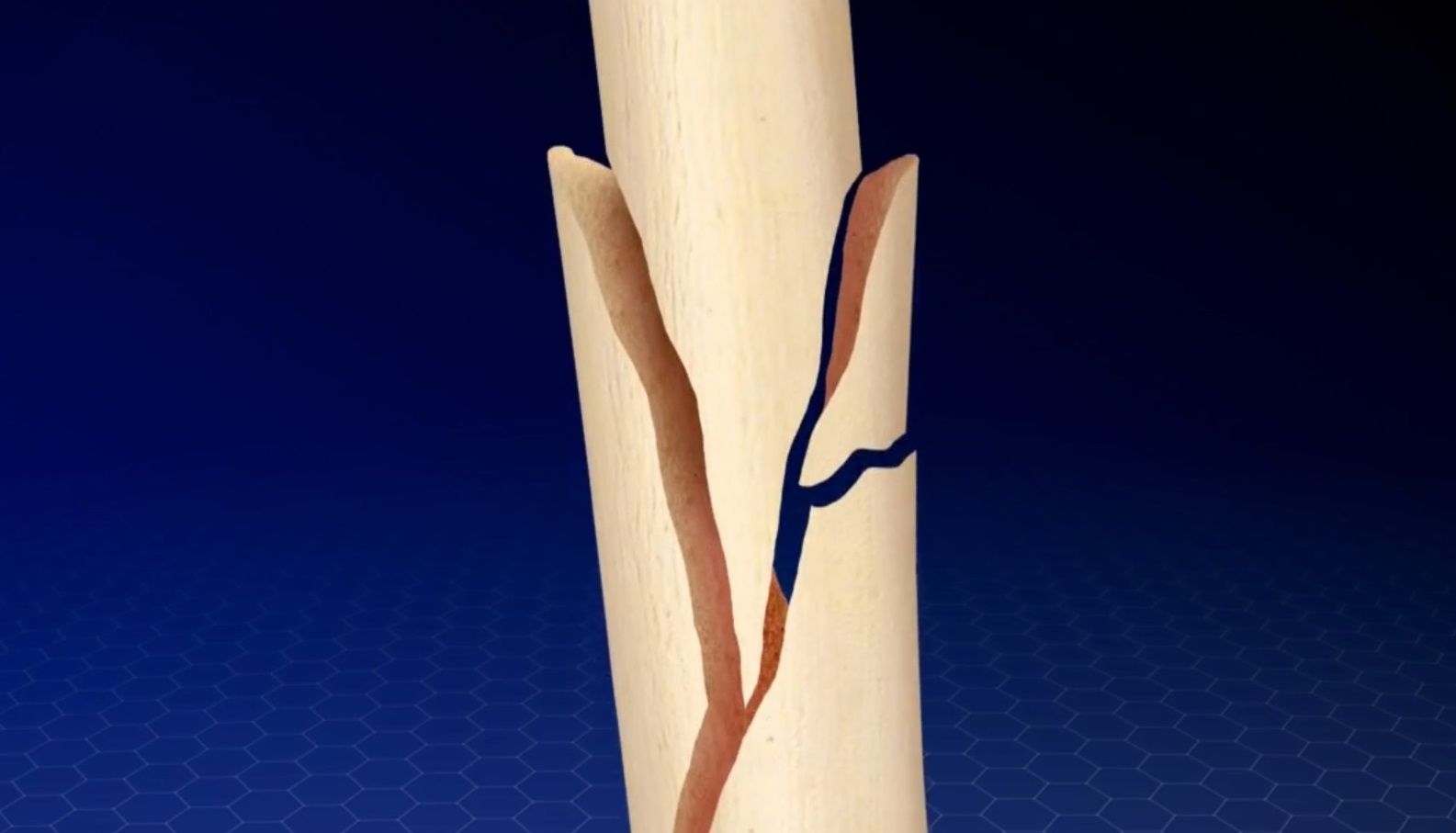
Femur Fracture
Overview
The femur, commonly known as the “thigh bone”, is the largest and strongest bone in your body.
Causes
A direct blow to your thigh can fracture your femur, as can a vehicle crash or fall. Conditions that weaken your bones, like osteoporosis, make a fracture more likely.
Typ…
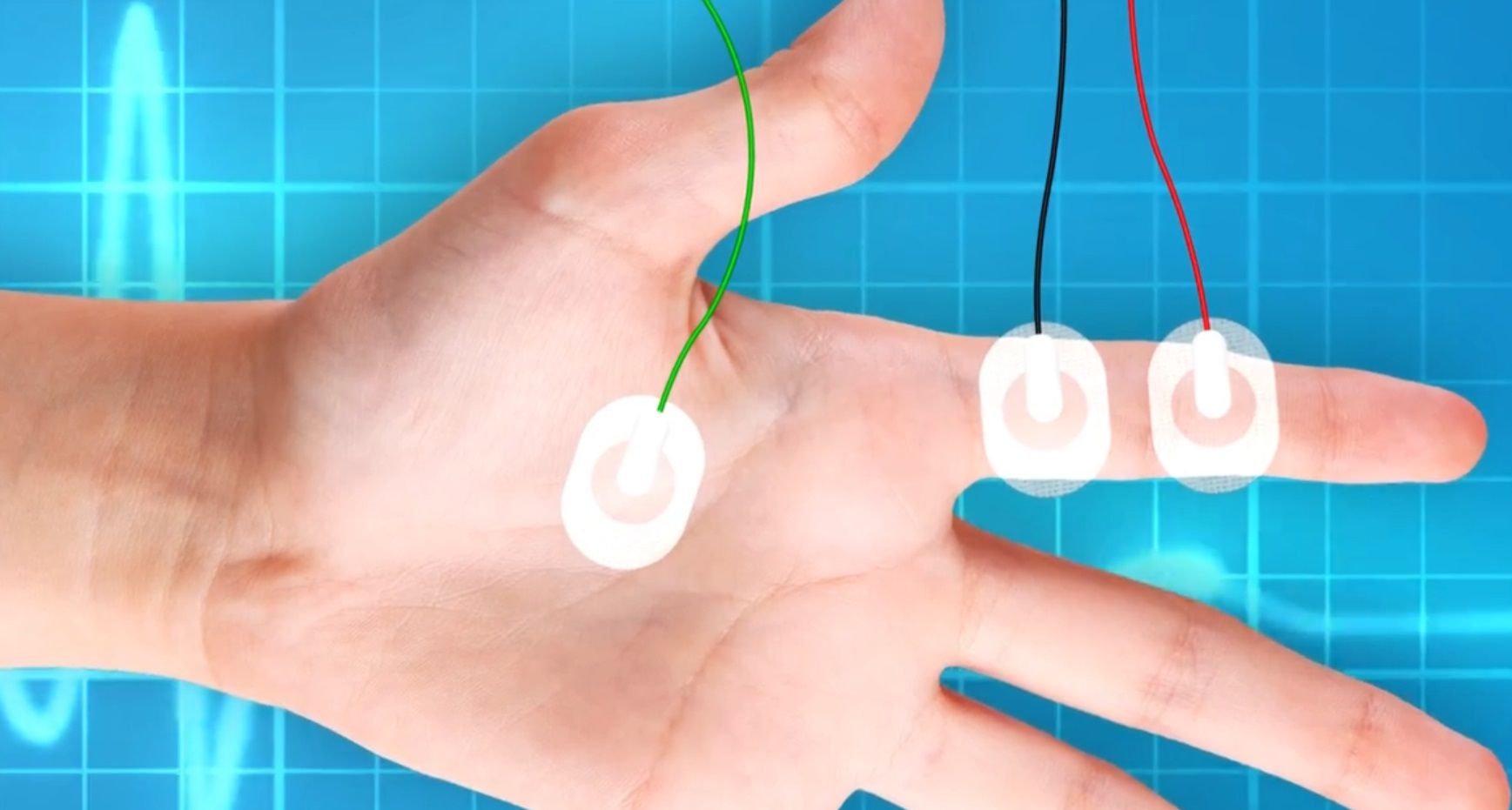
Electromyography (EMG)
Overview
This is a two-part test of your nerves and muscles. The first part is a nerve conduction study, sometimes called an NCS or NCV (nerve conduction velocity). The NCS measures how well electricity moves through your nerves. The second part is a needle electromyogram (needle EMG), which reco…
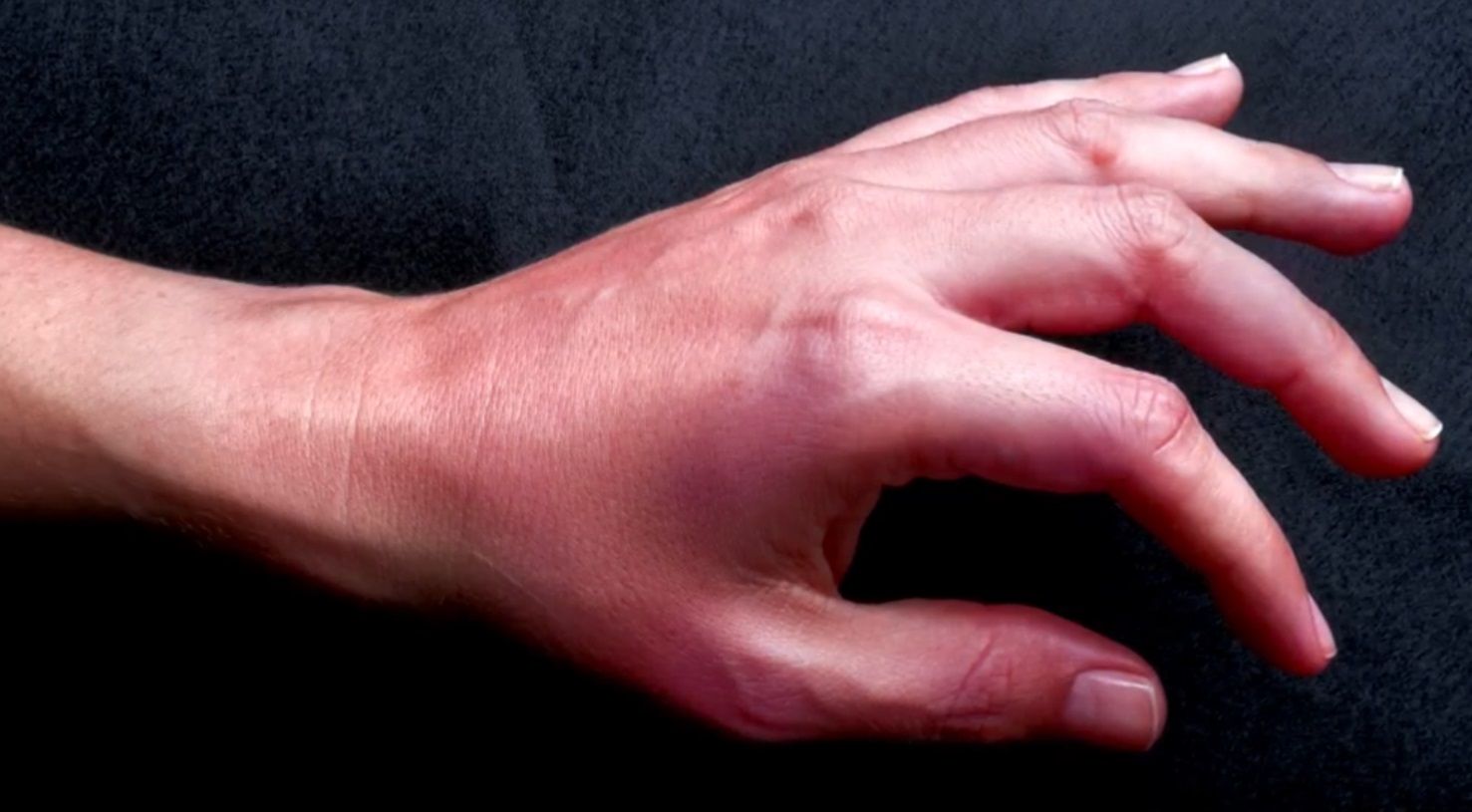
Complex Regional Pain Syndrome (CRPS)
Overview
Complex Regional Pain Syndrome (CRPS) can be a debilitating condition due to the long-lasting severe pain it causes. Formerly known as Reflex Sympathetic Dystrophy (RSD), this syndrome often develops from trauma, frequently of a body part that had suffered a previous injury. It usually…
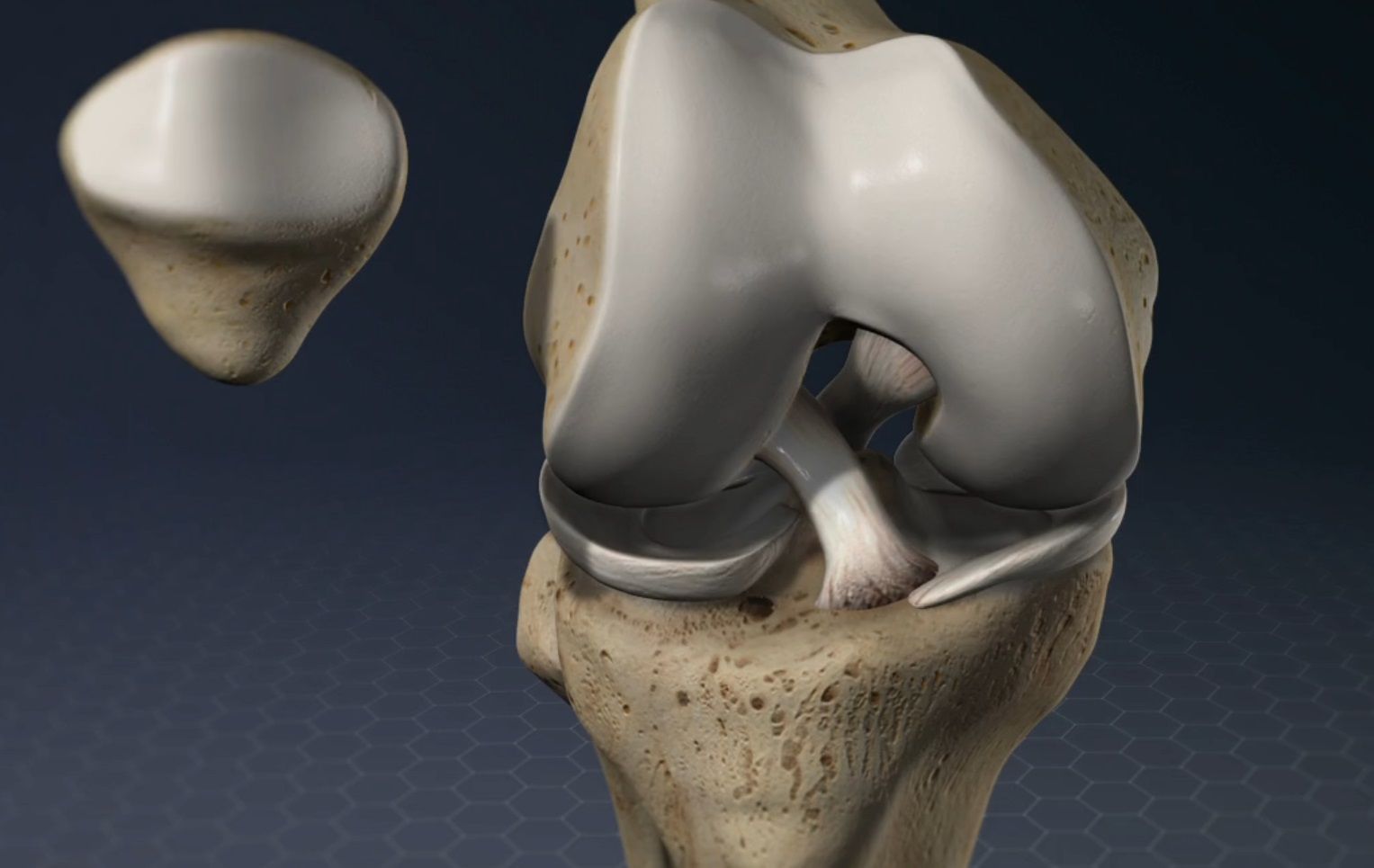
Anatomy of the Knee
Overview
The knee is where three bones meet: the tibia, the femur and the patella. The knee is a “hinge” joint, allowing the leg to bend in only one direction. Here are the main parts of the knee’s anatomy.
Bones
The base of the knee is formed by the tibia, the large bone of the lower leg often c…
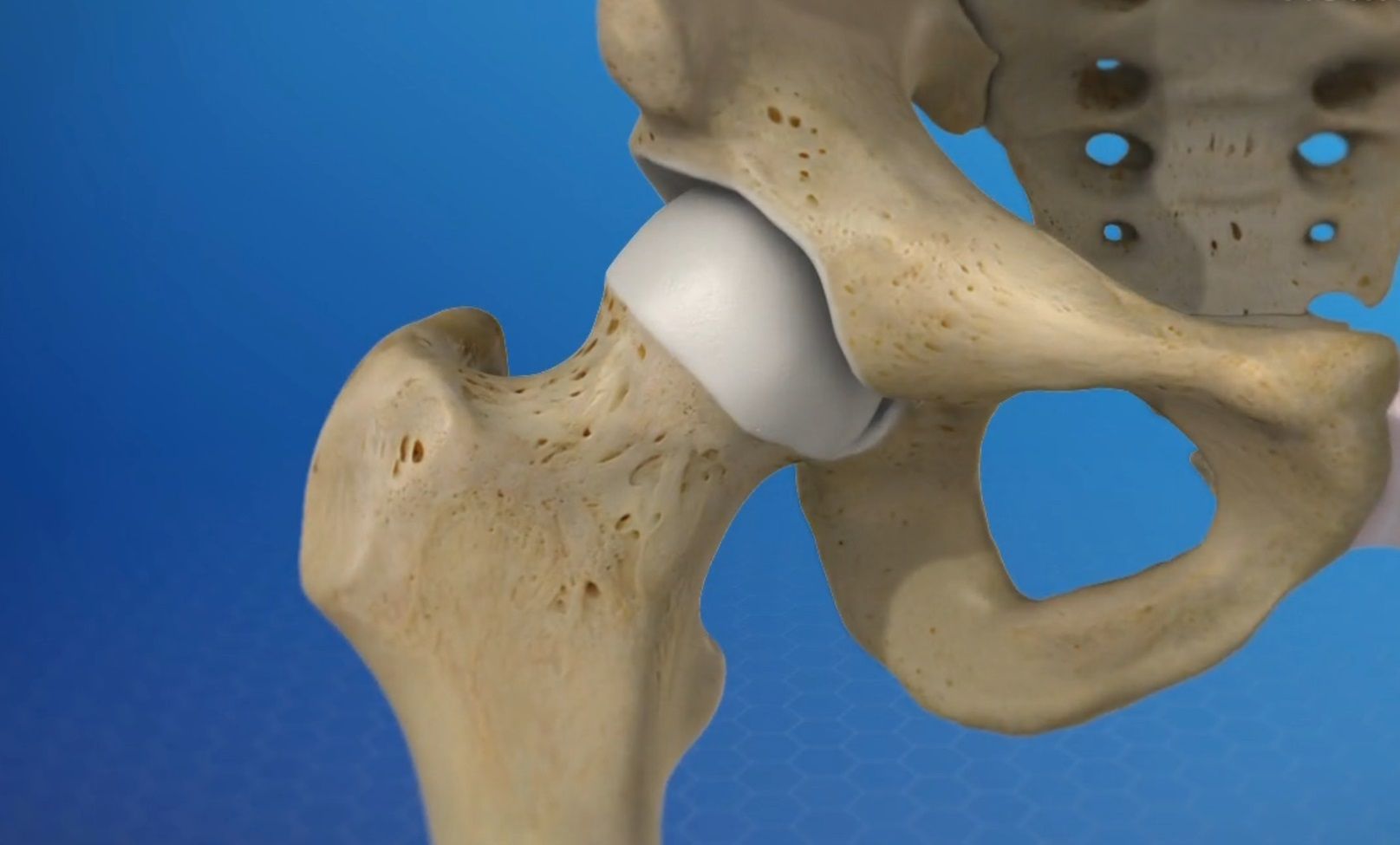
Anatomy of the Hip
Overview
The hip joint is the largest weight-bearing joint in the body. This ball-and-socket joint allows the leg to move and rotate while keeping the body stable and balanced. Here are the main parts of the hip joint’s anatomy.
Bones
Two bones – the femur and the pelvis – meet at the hip joint. …
- 1
- 2
